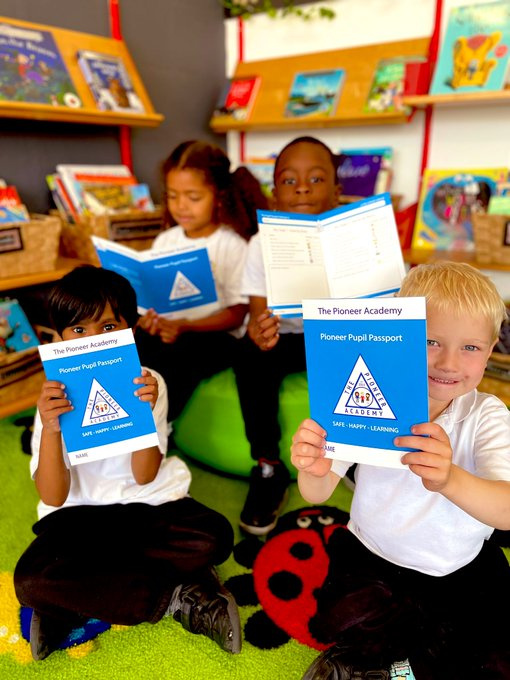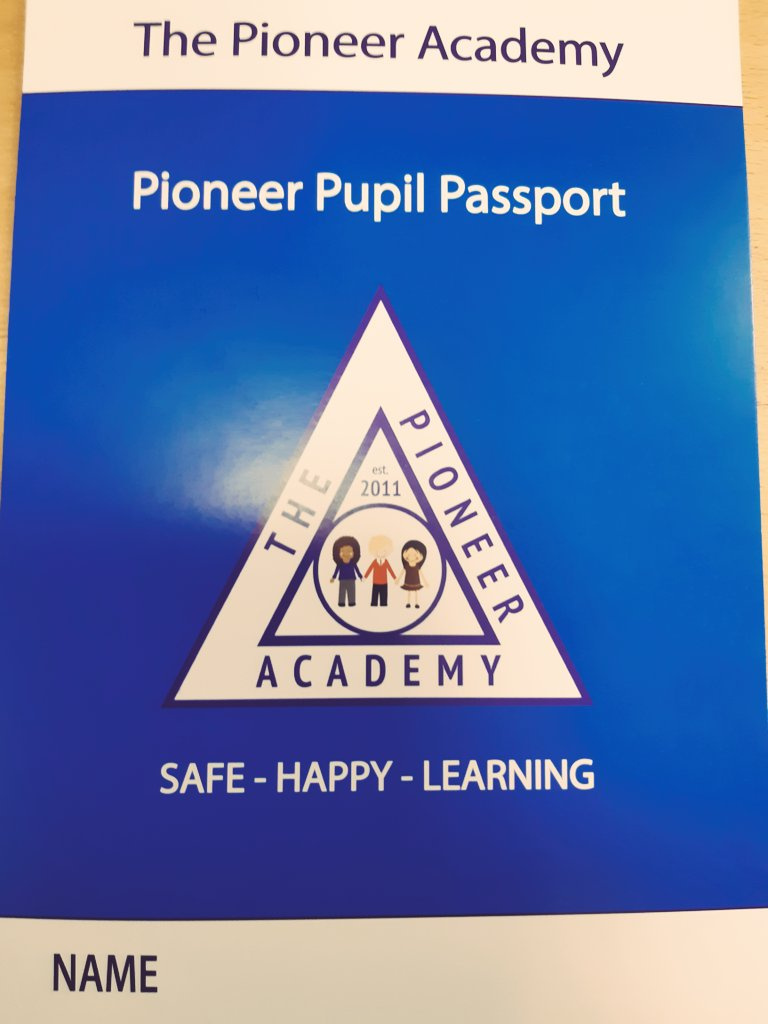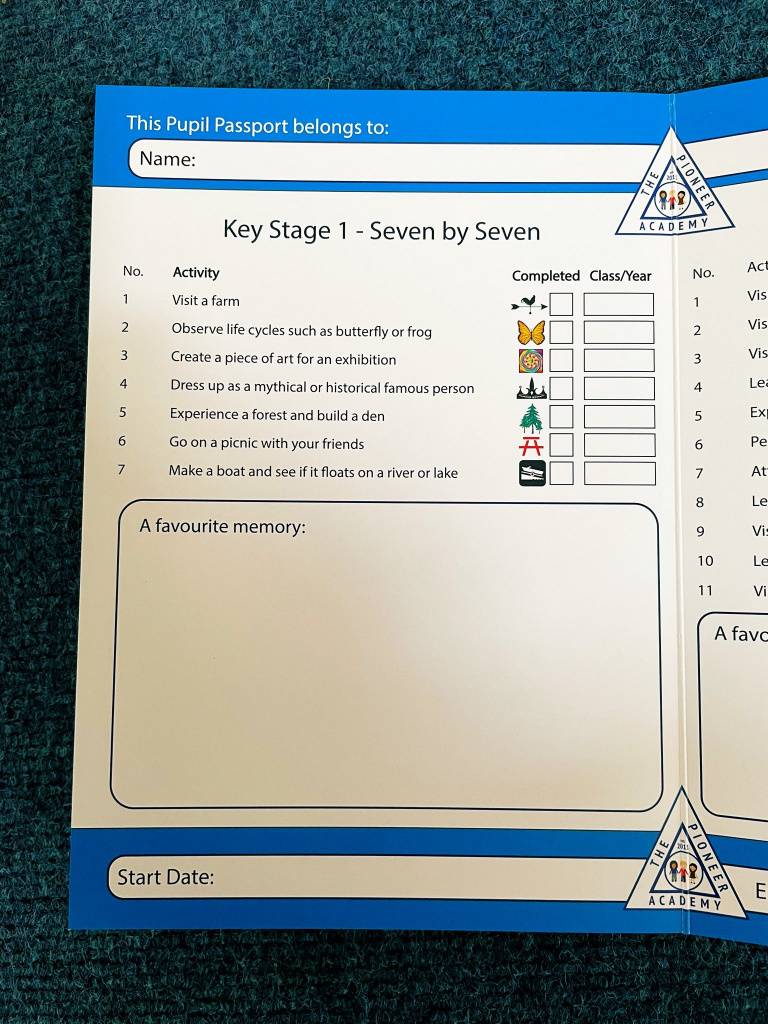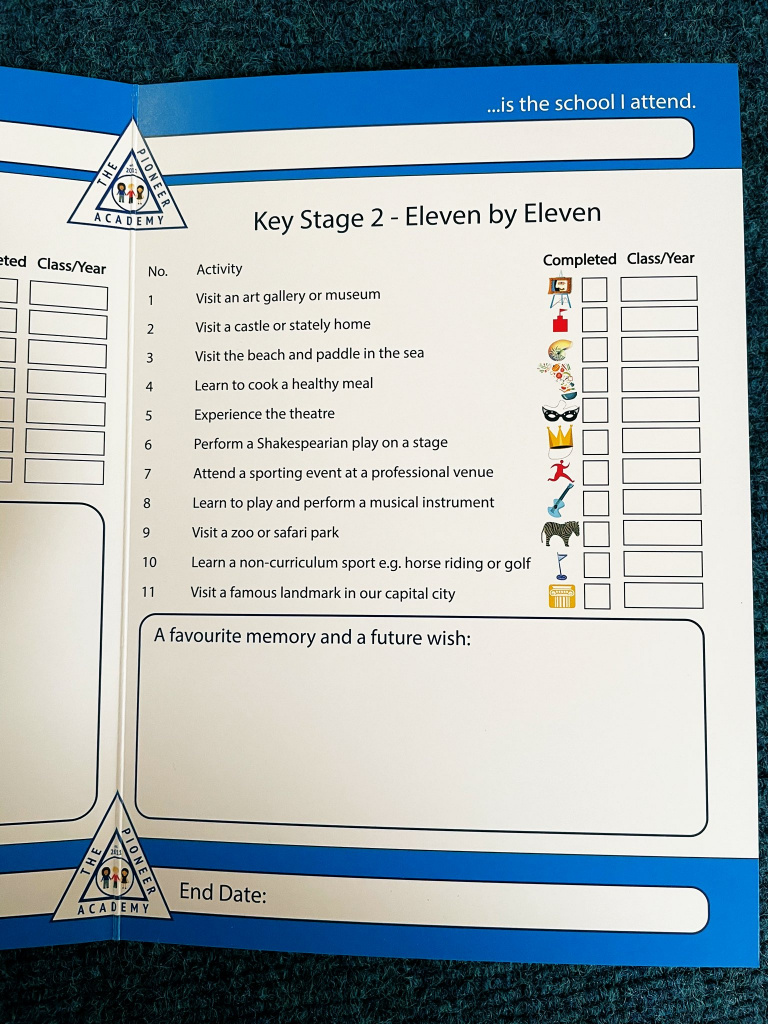
Cultural capital is a buzz term that has gained traction in the educational sphere in recent months despite the concept having been around for some time. It is generally defined as the accumulation of knowledge, behaviours, and skills that a student can draw upon and which demonstrates their cultural awareness, knowledge and competence; it is one of the key ingredients a student will draw upon to be successful in society, their career and the world of work.
Ultimately, what it means in an educational setting, and especially within primary schools, is the out of school experiences that children from more affluent backgrounds are able to take for granted. Economic capital helps procure cultural capital, and children who engage in a wider variety of extra-curricular activities tend to see the benefit in their educational attainment, and then later on in the workplace. Success, and developing children into well rounded adults, is not solely defined by parental wealth, but also involves the life experience that money facilitates.
The term cultural capital is attributed to Pierre Bourdieu, a French sociologist who developed the concept as a way of describing how power was transferred within societies, and social class structures preserved. Building up a wealth of cultural capital is hugely important for disadvantaged children if they are to have any chance of being upwardly socially mobile.
The idea of cultural capital has even become embedded in the bureaucratic framework of our education system, as the term now forms part of the Ofsted education inspection framework. The framework states that:
Inspectors will make a judgement on the quality of education by evaluating the extent to which: leaders take on or construct a curriculum that is ambitious and designed to give all learners, particularly the most disadvantaged and those with special educational needs and/or disabilities (SEND) or high needs, the knowledge and cultural capital they need to succeed in life.
Overall this inclusion in the inspection framework is a welcome one, though I appreciate the concerns of some that it is hard to measure how much cultural capital a school has been able to impart on to a child. However, what really matters is that schools need to demonstrate that they are making efforts to provide children with a holistic cultural education.

A grounding in cultural matters is important. As we know academic attainment gaps emerge early, and it makes sense that deficits in cultural capital do too. Early years settings and primary schools are the places to start tackling this. Leaving it to secondary school is too late and will leave us with stagnating levels of social mobility and talented but disadvantaged children not being able to access the opportunities they deserve due to a lack of awareness and confidence.
The value of extra-curricular activities and cultural experiences has become even more clear since children were deprived of them during the pandemic. It’s certainly the case that cultural capital has been in the headlines more recently. This summer, the then Shadow Secretary of State for Child Poverty, Wes Streeting MP, launched ‘Ten by Ten’ the Labour Party’s new ambition for children to have ten life changing experiences by age ten. This was announced following Labour Party analysis which demonstrated that participation in extracurricular activities, like sports, music and drama has been in decline over the last ten years, especially for primary school aged children.
Cultural capital is also crossing party lines as an advisor to Boris Johnson, Sir Michael Barber, suggested that children should take days out of the school year to let them work through a ‘bucket list’ of cultural outings. He proposed that children should visit museums, theatres and concerts to help them develop into well rounded adults. The Prime Minister is fond of talking about levelling up and such an initiative would be a great way of levelling up disadvantaged children.
Cultural capital leads to cognitive capital as encountering different situations helps children develop their critical thinking skills, which are equally as important as knowledge that is accumulated through traditional learning. It is imperative that we invest in all of our children, including children from disadvantaged backgrounds, so they do not miss out on any basic childhood experiences; which lay the building blocks for their interactions with the world.
The majority of children from more affluent backgrounds have the luxury of taking their after-school activities and jam-packed weekends for granted. Of course, every parent wants to do the best for their child but it should be remembered that some people are not only financially poor, but also time and energy poor. With the best will in the world, the children of parents working long hours in a physical, low paid job are likely to miss out on some of the things a more privileged child will enjoy.

I speak on this subject as someone who comes from a deprived northern working-class background, who did experience a childhood full of cultural experiences. My mother initially raised me by herself, after my father, who was a soldier, left before I was a year old. My ‘mam’ made great efforts to ensure that, during my formative years, I was exposed to an array of cultural offerings, educating me in the arts, for example taking me to see ballet and many art galleries. One of my favourite memories is watching the guitarist John Williams, in concert which gave me the passion to learn to play the guitar. She was determined, as so many mothers are, that I be upwardly socially mobile and wanted to make sure that I would feel comfortable in any circles, of any class, so that I would not feel out of place at university or any future career.
Many years later, when I became a head teacher, I enacted this set of values for the children of my school, such as enabling every child at my school to learn to play the keyboard/piano. I was not expecting everyone to become concert pianists, but I wanted every child to be confident, be able to show off their new skill and to feel proud that they could play a tune to their parents/carers. Following the introduction of this, we then saw a huge uptake in the learning of string and wind instruments in the school as the children became more interested in musical instruments. So I know that small changes can start to make a bigger difference.
As the CEO of The Pioneer Academy, a growing multi academy trust, which currently includes twelve primary, junior and infant schools I’m pleased that discussions about cultural capital are becoming mainstream. Making sure that pupils at our schools encounter a wide variety of experiences during their time with us, has been a central focus at our trust for many years now, following the introduction of our Pioneer Pupil Passports in 2019.
We developed the Pioneer Pupil Passport programme following considerable consultation with staff and senior leaders in all our schools. I also personally held workshops with numerous groups of children across our different schools and discussed our ideas with the then National Schools Commissioner, Sir David Carter.
The Key Stage One passport includes seven activities to be completed by the age of seven (Seven by Seven), including visiting a farm, observing life cycles, creating a piece of art for an art exhibition, building a den in a forest and making a boat and floating it on a river. At Broadmead Primary School, one of our schools in Croydon, we funded them buying some chickens and a coop so they could observe life cycles throughout the year. They still have the Broadmead Brood and sell their eggs to local parents!
The Key Stage Two passport, which is eleven activities to be accomplished by the age of eleven (Eleven by Eleven), involves visiting a beach, castle and art gallery, cooking a healthy meal, performing Shakespeare, learning a non-curriculum sport, such as horse riding and visiting famous London landmarks. I will always remember taking one particular pupil to play golf, after introducing a golf pro to our schools, who was an elective mute, he suddenly became quite chatty as he thrashed me around the course!
In collaboration with the head teachers at all our schools we have agreed the standard of activities to be completed so that expectations are understood; ensuring that all children across the trust receive the same opportunities.
Strangely enough that we came up with seven activities for Key Stage One and eleven for Key Stage Two was accidental. The final lists of activities are an amalgamation of suggestions from different groups during the consultation, for example, some came from teachers and others directly from children.
As far as possible this year we intend to provide these activities at no cost. Where that is not feasible, we will ensure that only a nominal fee is charged, such is the commitment to our culture capital programme. Our trust board has released a minimum of £65k to minimise the costs of trips to parents across our schools. We are determined that every child should have the opportunity to get a taste of the world around them, to see and do things that they wouldn’t normally or go to places they wouldn’t otherwise.

We had really started gathering pace with the Pioneer Passport scheme in 2019 when the pandemic halted us in our tracks. We are keen to regain momentum and have reintroduced the scheme and started doing activities in schools again already. We want to keep going so we can start to assess and review the impact and then augment the programme if needed. We will be seeking feedback from head teachers, teachers, pupils and parents about this and listening closely to what they say.
At The Pioneer Academy our ambition is for our pupils to become lifelong learners. As a trust we have placed promoting the spiritual, moral, social, cultural, emotional and physical development of our pupils at the heart of everything we do. We truly believe that by doing this we can appropriately equip our pupils for the opportunities and responsibilities of adult life. The Pioneer Passport is a defining feature of what The Pioneer Academy offers.
Enjoyable outings and inspirational visitors are an entitlement of every child within our schools, and we actively encourage creativity and innovation. I have seen first-hand how curiosity is stirred in children when they are given the option to experience new things.
Engaging in cultural pursuits not only enhances the lives of children, it also gives them confidence to tackle unfamiliar settings later in life. I am glad that politicians, educators and the general public are now talking about everything that can be gained outside of the classroom, and I hope that all schools start to offer something like the Pioneer Passport scheme soon.
The motto of The Pioneer Academy is Safe-Happy-Learning, as we believe that when children are safe and happy they learn twice as much. I’ve seen how happy taking part in the Pioneer Passport scheme makes children and I strongly believe that a cultural education is not a luxury; all children deserve a chance to find out what they are good at and I want to give them the opportunities to do that.
By Lee Mason-Ellis, CEO, The Pioneer Academy